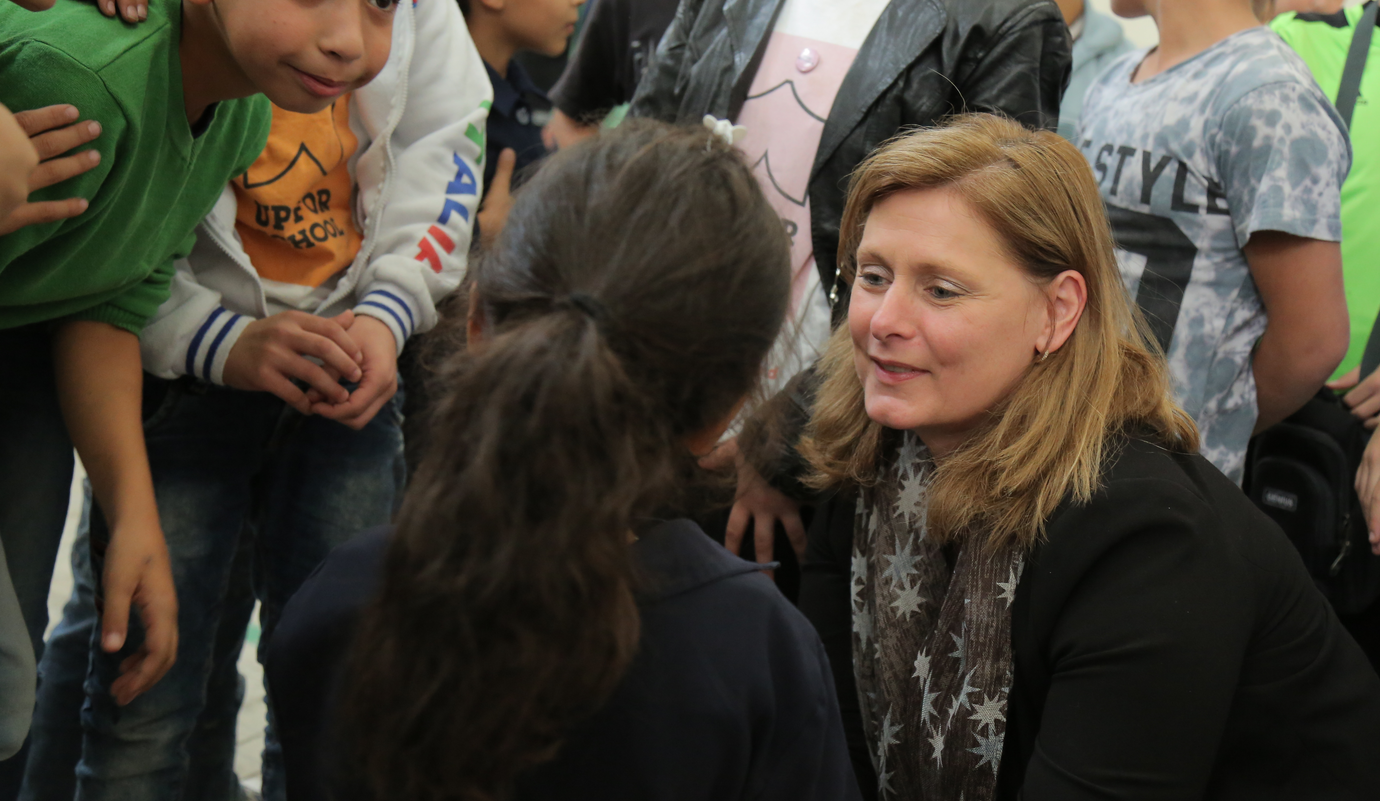
Leaders push for education at Syria pledging conference
Education funding
Education proved to be a central concern at the Second Humanitarian Pledging Conference for Syria on Wednesday.
While the final tallies are still being defined, nearly every world leader that took the stage at the conference spoke about the importance of education, and funding is now being allocated for key education response efforts.
As UN Secretary General, Ban Ki Moon, mentioned in his opening speech, “more than 2 million children [in Syria] are out of school”. A further 1.2 million are living as refugees and only 19 percent of Syrian children studied in any kind of school in 2013.
The Emir of Kuwait, Sheikh Sabah al-Ahmed al-Sabah, who pledged $500 million to the humanitarian response, highlighted the fragile future of the Syrian children in a country where “the education sector was left behind, curriculums were disrupted, and schools were destroyed.”
Several other major donors, including the United States ($380 million) and the European Union ($225 million) indicated how much they plan to allocate to education in Lebanon – which now hosts nearly 900,000 refugees– more than 20% of the nation’s population.
The United States vowed to donate a total of $76 million to Lebanon, with a portion dedicated to education and vocational training programs hosted by UN agencies. The EU plans to allocate 26 per cent of its humanitarian funding for Syria to Lebanon, and remains dedicated to providing vital humanitarian assistance in areas such as education. Additionally, The United Kingdom confirmed that a minimum of $6 million will be allocated to the Lebanese government specifically for textbooks for schools.
Other donors also highlighted the urgency of education in the region include Denmark, Ireland and Switzerland, who gave $33 million towards “rehabilitation of schools in which Syrian refugee children attend lessons”.
The final amount to be allocated as a result of the pledging conference remains to be seen – and just because donors make a pledge, doesn’t mean they will deliver. Last year, 30% of the pledges were never implemented.
Now we need to push even more to make sure these pledges turn into reality – and to ensure that education is no longer at the bottom of the list with less than 2% of humanitarian funding as it has been in the past.
2014 can be the first year in history where education is given the priority it deserves in humanitarian relief. We can start by funding simple plans that are ready – for less than $200 million – to get 400,000 children back to school in Lebanon.
More news

